Sustainable Marine Fuels
One of a Portfolio of Solutions to Further Reduce Carbon Emissions from Recreational Boats
What are Sustainable Marine Fuels?
Sustainable marine fuels are fuels that reduce carbon emissions, relative to conventional fossil fuels, without compromising the range or performance of recreational boats. Also known as renewable drop-in fuels, these high-quality, sustainable marine fuels require no changes or modifications to the current boat fuel system and can be mixed with any fossil-derived fuels.
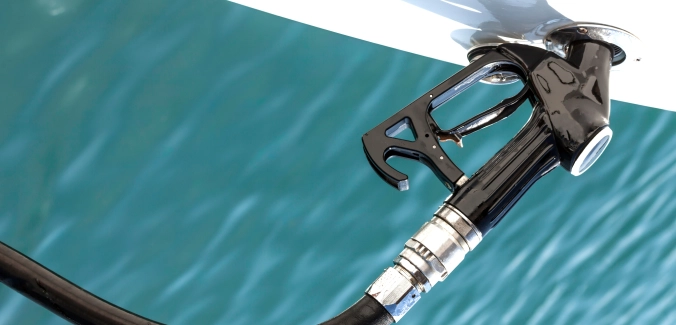
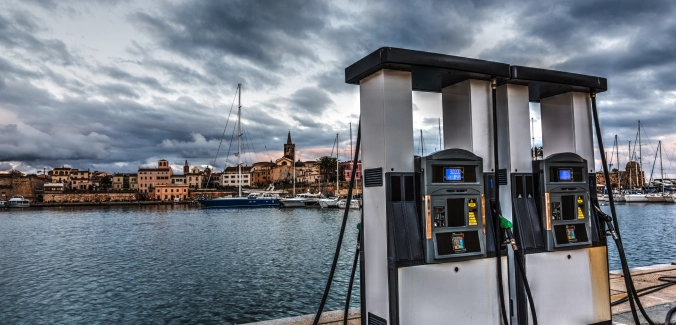
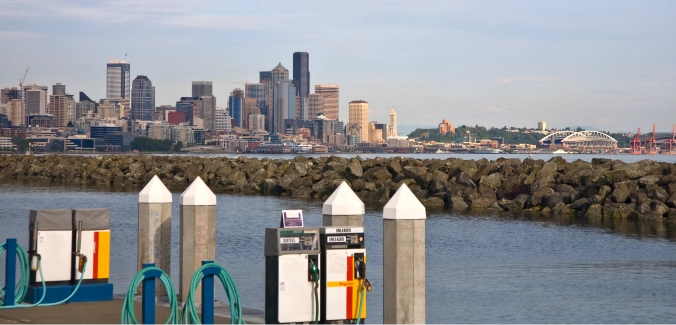
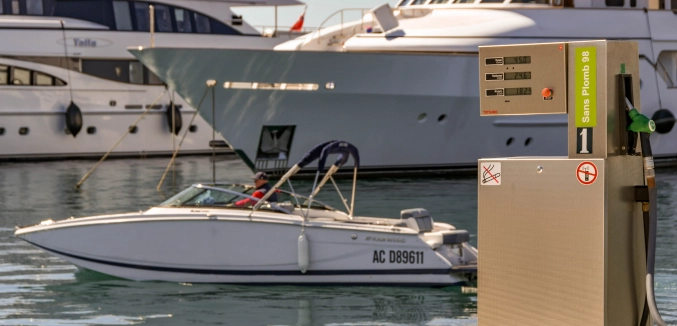
Types of Sustainable Marine Fuels
Renewable Diesel Fuel
Also referred to as Hydrotreated Vegetable Oil (HVO), renewable diesel fuel is a drop-in replacement that performs just like fossil diesel and can be used without any modifications to the engine or boat fuel system and blended at any ratio. Classified as a drop-in renewable diesel fuel, these advanced biofuels meet industry specifications in compliance with OEM standards. Unlike biodiesel, renewable diesel fuel offers reliable cold weather performance and is free of sulfur, oxygen and aromatic compounds. It can reduce greenhouse gas emissions by up to 75% relative to conventional fossil-derived diesel fuel.
Partially Renewable Gasoline
Renewable feedstocks such as corn, sugar cane, or other advanced cellulosic derived sugars are fermented to create alcohol. The biologically derived alcohol, such as ethanol or biobutanol, is then used as a building block to create an ethanol-free gasoline blend stock. When mixed with conventional gasoline, these renewable fuels reduce the quantity of fossil fuels required for each gallon of finished gasoline. It can reduce greenhouse gas emissions up to 30% more than E10 at the same renewable content.
Biobutanol
Biobutanol is a high energy content alcohol produced in a fermentation process similar to beer and wine. Unlike ethanol, biobutanol does not phase-separate in the presence of water, making it a very stable fuel for recreational boats and engines. Biobutanol lowers evaporative emissions, and unlike ethanol, doesn’t require a pollution waiver from EPA summertime gasoline vapor pressure standards. Biobutanol blended at 16.1% by volume has double the renewable energy compared to 10% ethanol. Biobutanol can reduce greenhouse emissions by up to 30% relative to convention fossil-derived gasoline.
Liquid Drop-In e-Fuels
Electricity-based eFuels and biogenic synthetic fuels are a step in achieving carbon neutrality. eFuels are produced by combining captured carbon from the atmosphere with green hydrogen in a synthesis process known as Fisher-Tropsch. These fuels result in a carbon-neutral liquid fuel that is a 1:1 replacement for gasoline and diesel. Significant investment is ongoing in the further development of these game-changing fuels.
Carbon Cycle
There are several ways sustainable marine fuels can reduce carbon and fossil fuel consumption from recreational boating.
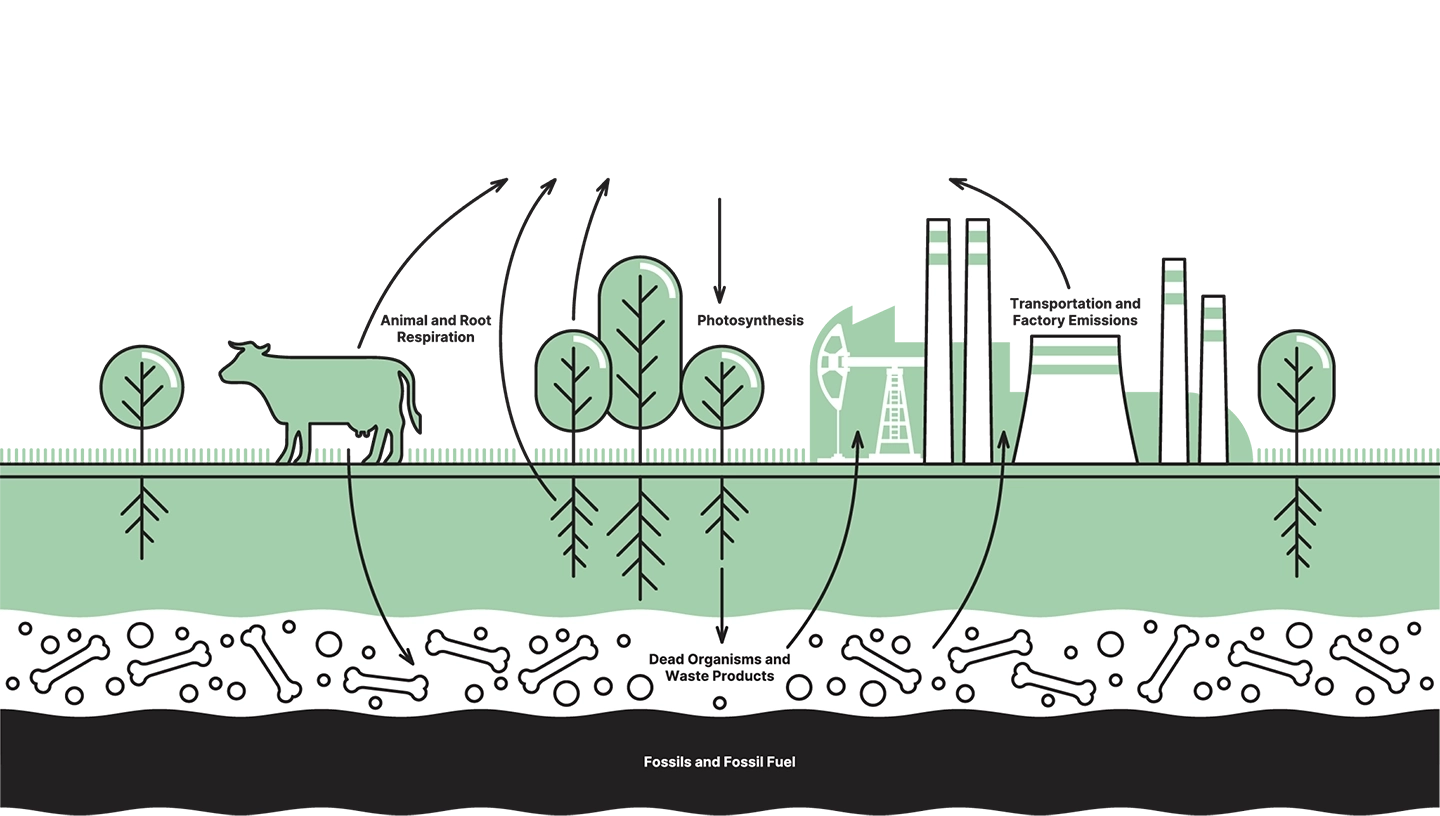
Ethanol-Free Sustainable Marine Fuel vs. Phase-Separated Ethanol Fuel
Phase-separated ethanol fuel wreaks havoc on your boat fuel system and fuel system components while ethanol-free sustainable marine fuel is much cleaner.
Sustainable Marine Fuels in the News

Distribution Dilemma: To introduce sustainable fuel at marinas for recreational boaters nationwide, we need many hands on deck

Florida marina makes unprecedented fuel offering to boaters: ‘Honored to be the first’
